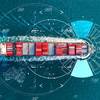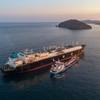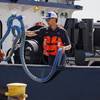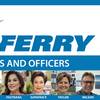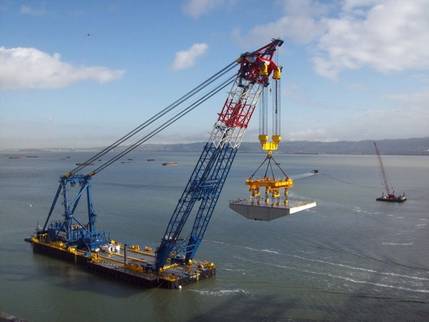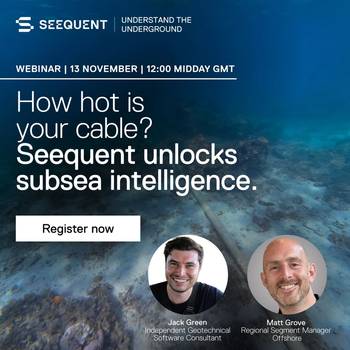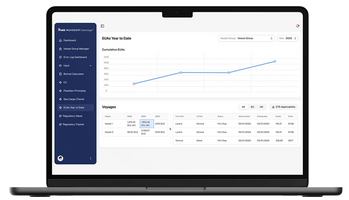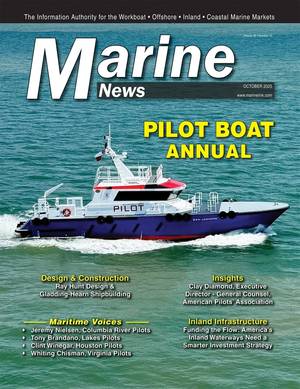Marine Fuels: New Guidance for Low-Flashpoint Fuels
ClassNK has released Guidelines for Ships Using Low-Flashpoint Fuels (Methyl/Ethyl Alcohol / LPG).
As the maritime industry is increasingly under regulatory mandate to reduce emissions, alternatives to diesel have been a focal point in recent years. These alternative fuels have lower flashpoints compared to traditional fuels, therefore particular attention needs to be given to ensuring adequate safety precautions when using low-flashpoint fuels in order to decrease the potential risk of fire and explosions that may arise as a result of fuel leakage onboard the ship. International safety requirements for low-flashpoint fuels have been discussed at IMO and as a result, the International Code of Safety for Ships using Gases or other Low-flashpoint Fuels (IGF Code) has been adopted and enforced. The current code however, does not address specific regulations for alternative fuels other than LNG.
ClassNK released the Guidelines for Ships Using Low-Flashpoint Fuels (Methyl/Ethyl Alcohol / LPG) which outline safety requirements for other viable alternative fuels besides LNG, based on the latest technology and regulation trends in order to promote the design of alternative fueled ships. The guidelines divide targeted vessels into three categories: ships using methyl/ethyl alcohol as fuel, ships fuelled by LPG, and liquid gas carriers fueled by LPG. They take into consideration the properties of each fuel type and ship regulations and indicate safety requirements for the arrangement and installation of the low-flashpoint fuel related systems for minimizing risks to vessels, crew, and the environment.
The guidelines reflect current trends and will be amended periodically in accordance with any changes in the IGF Code during future IMO discussions and the rapid development of new technologies.
The Guidelines for Ships Using Low-Flashpoint Fuels (Methyl/Ethyl Alcohol/LPG) are available to download free of charge via ClassNK’s website.




